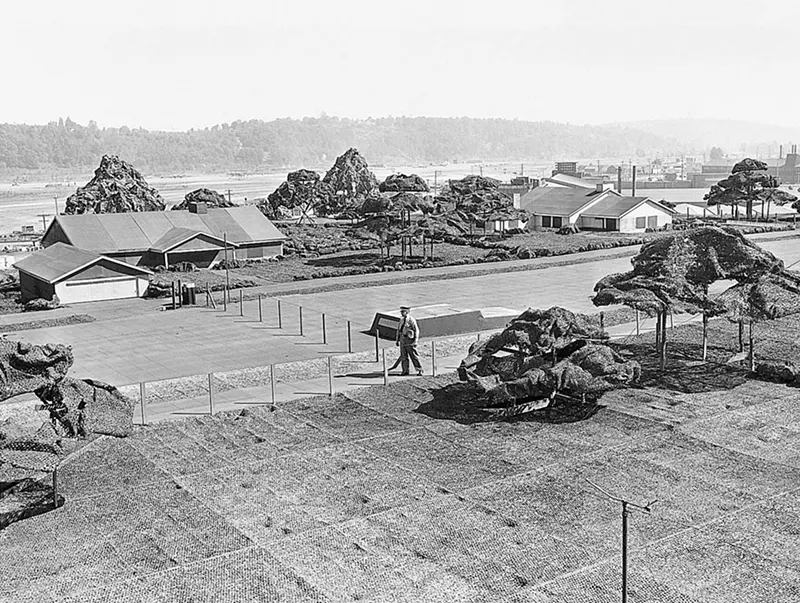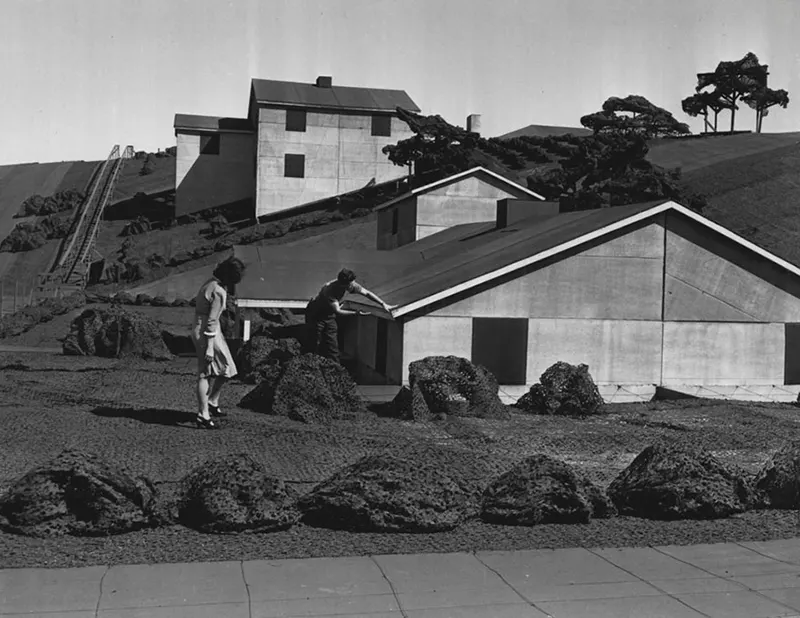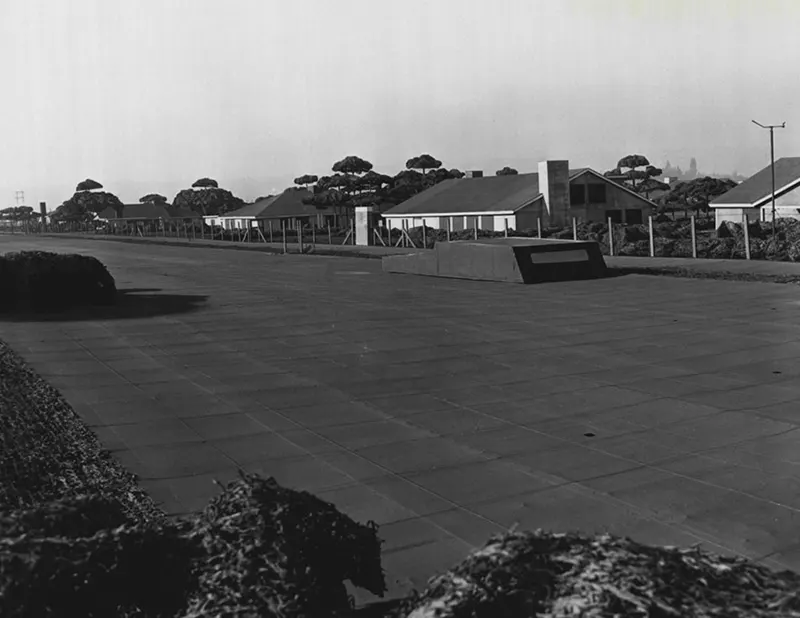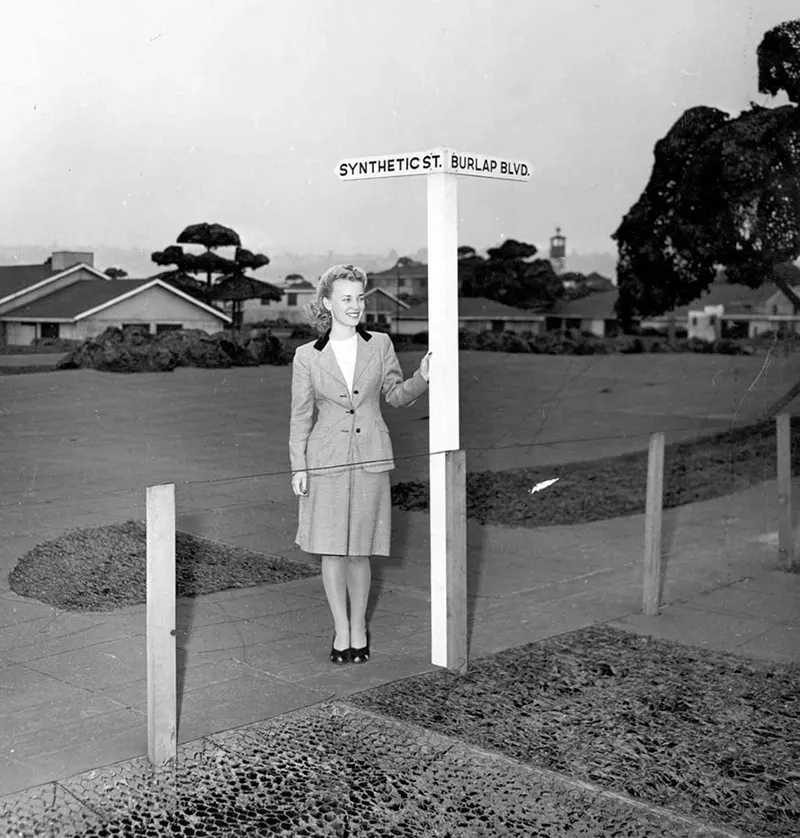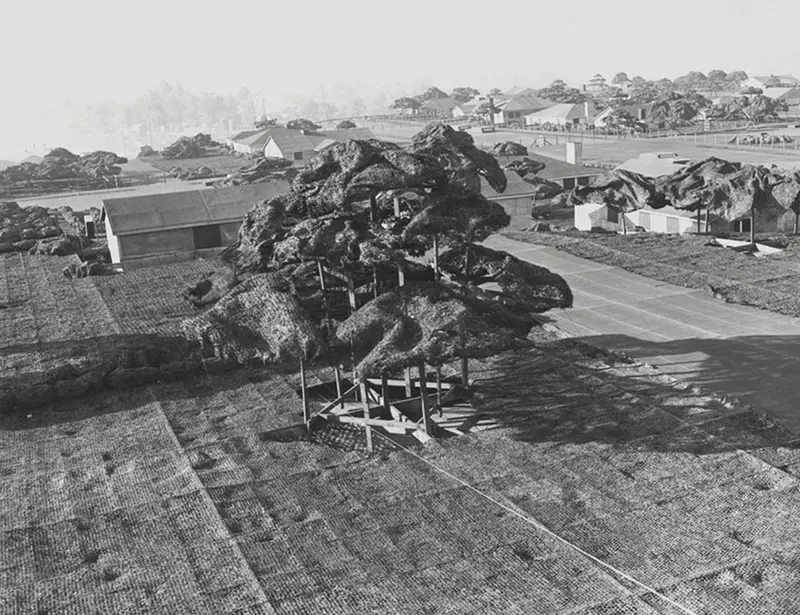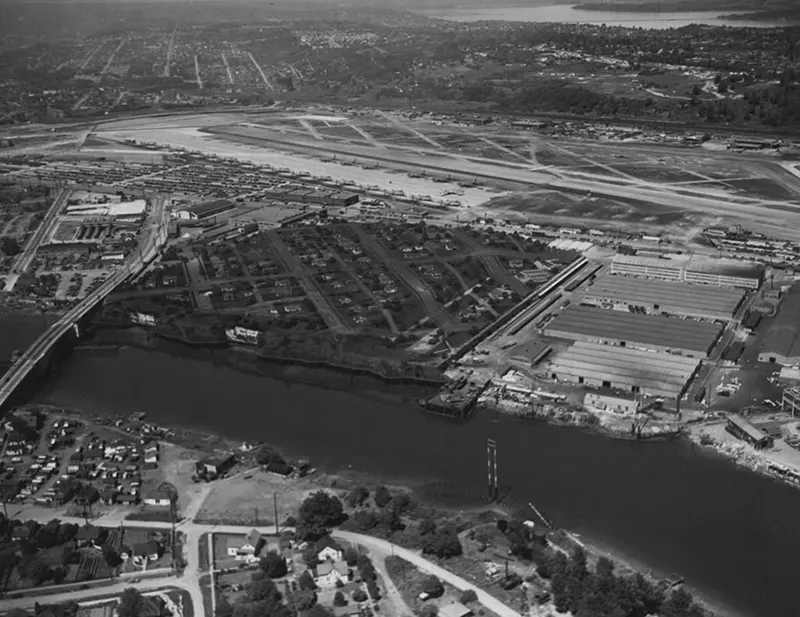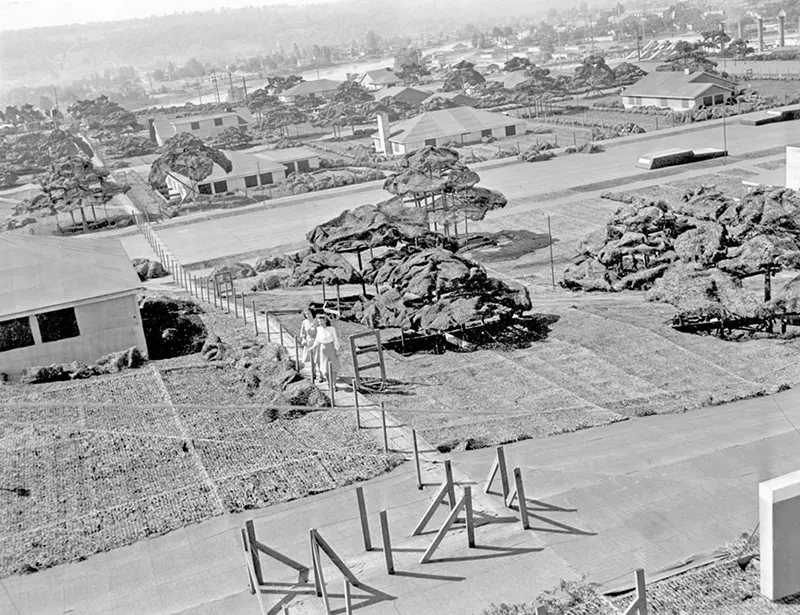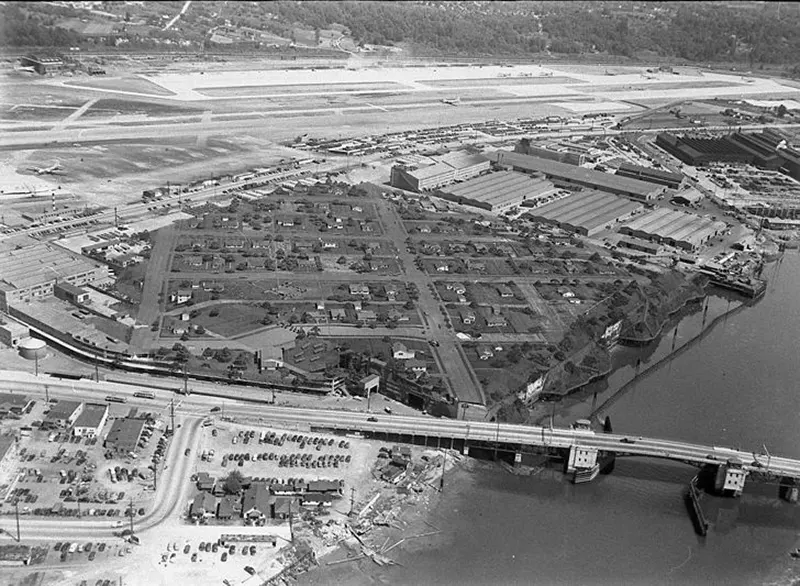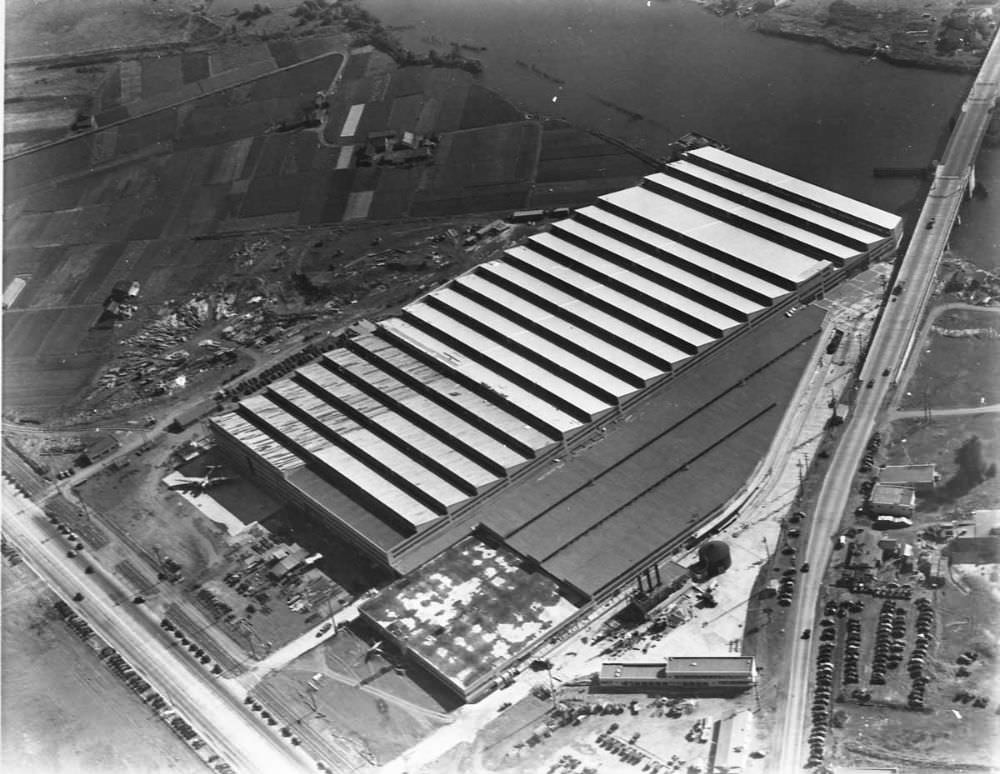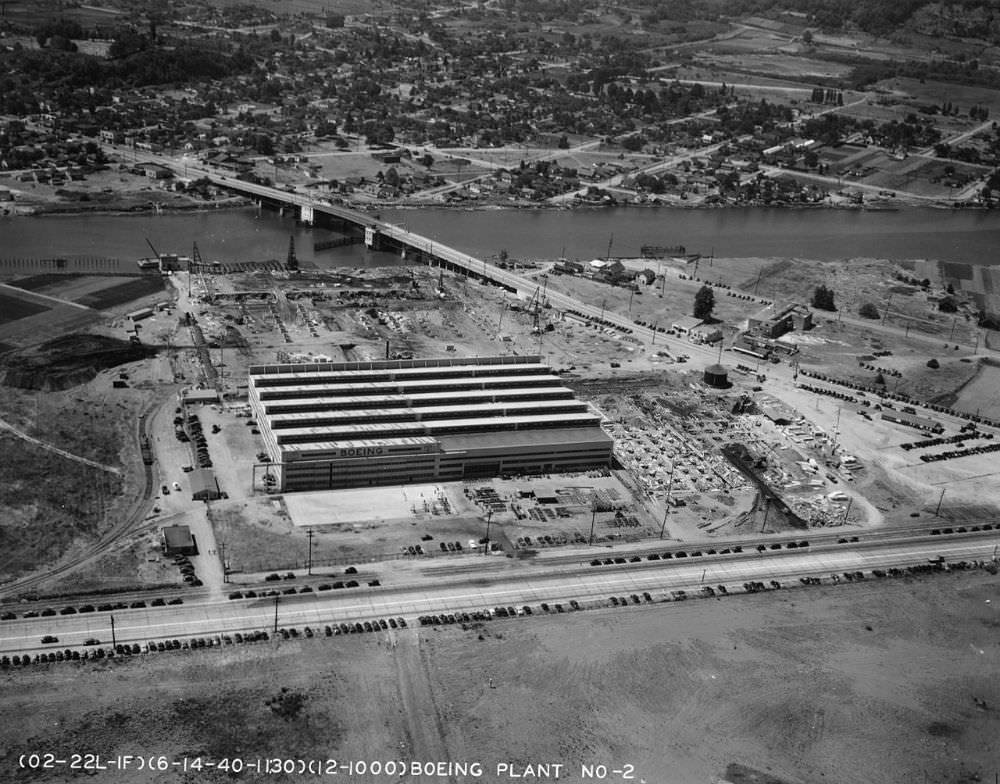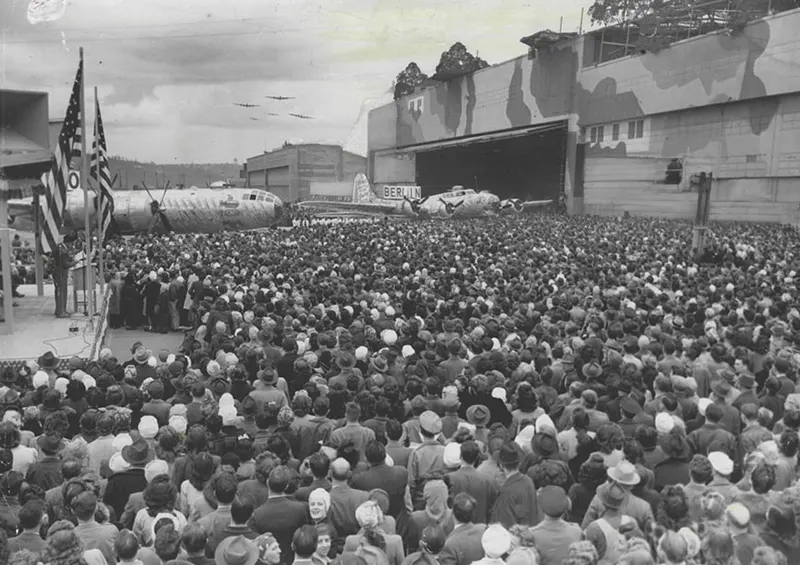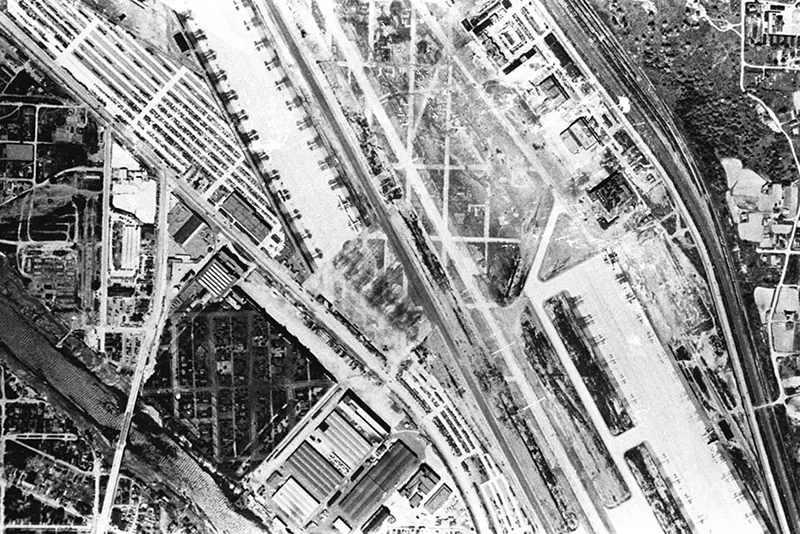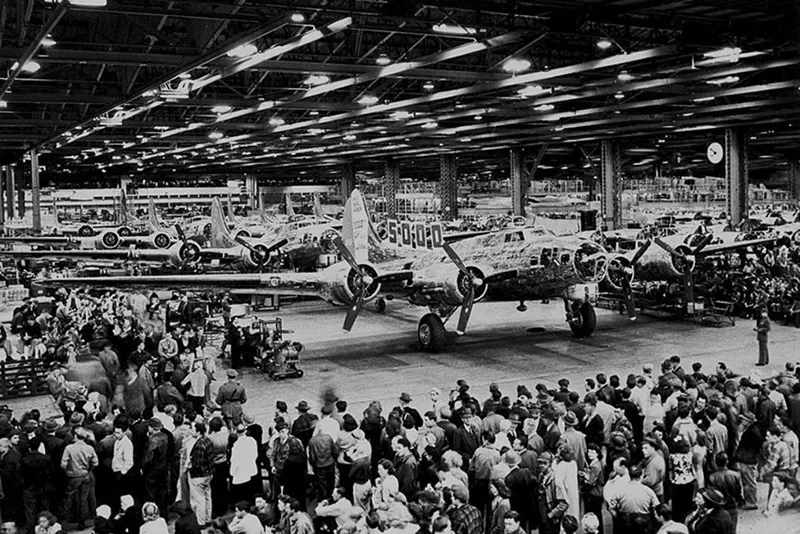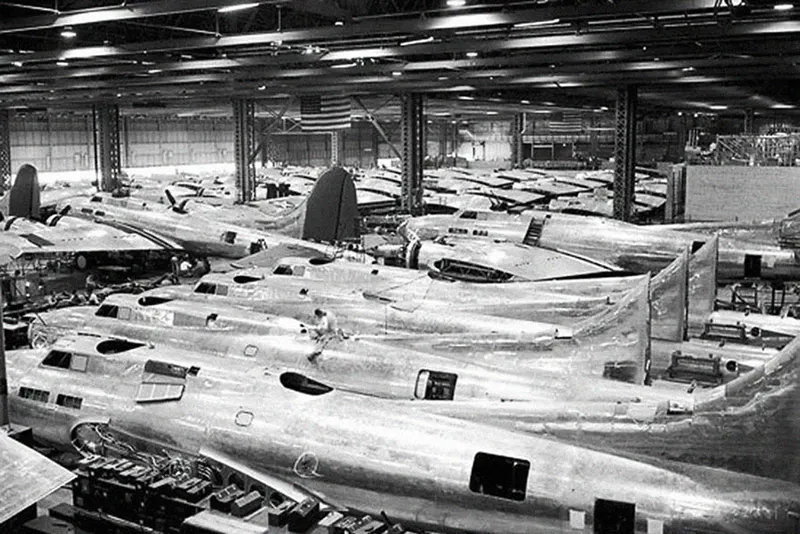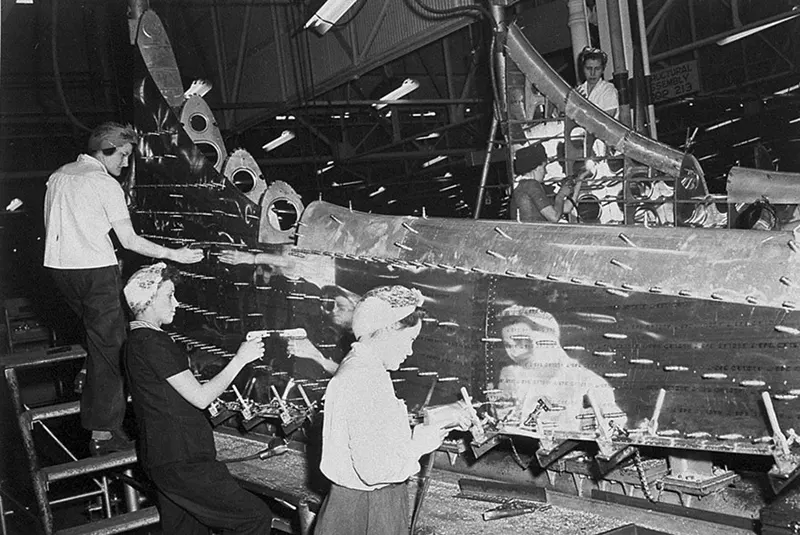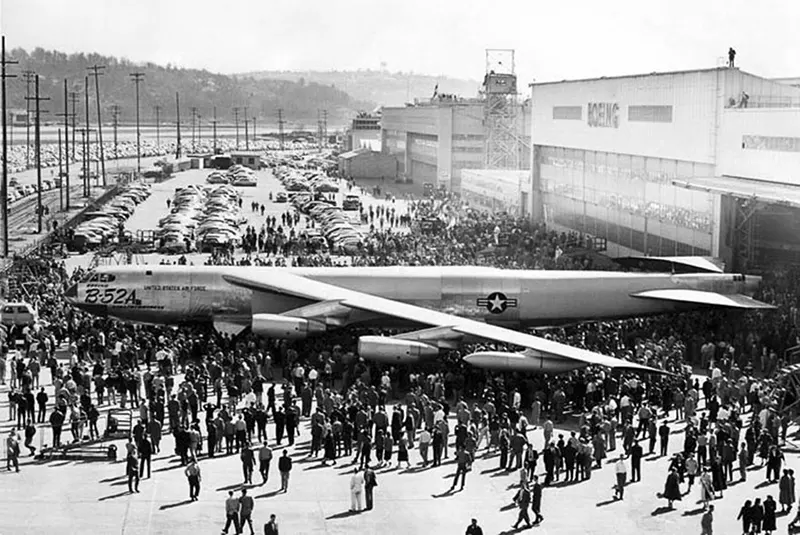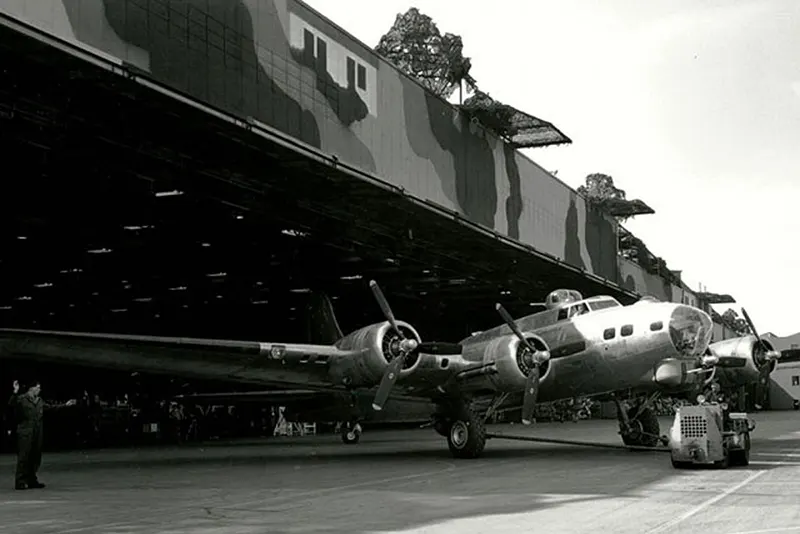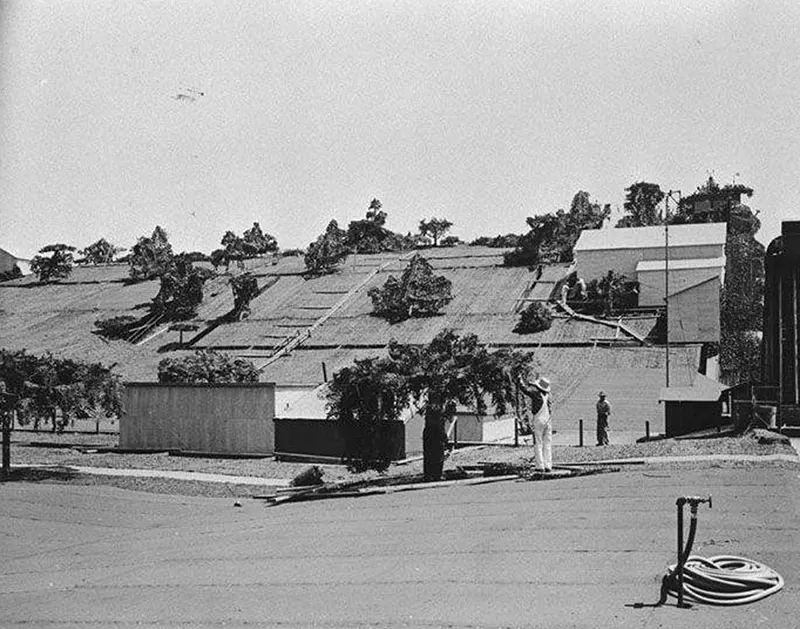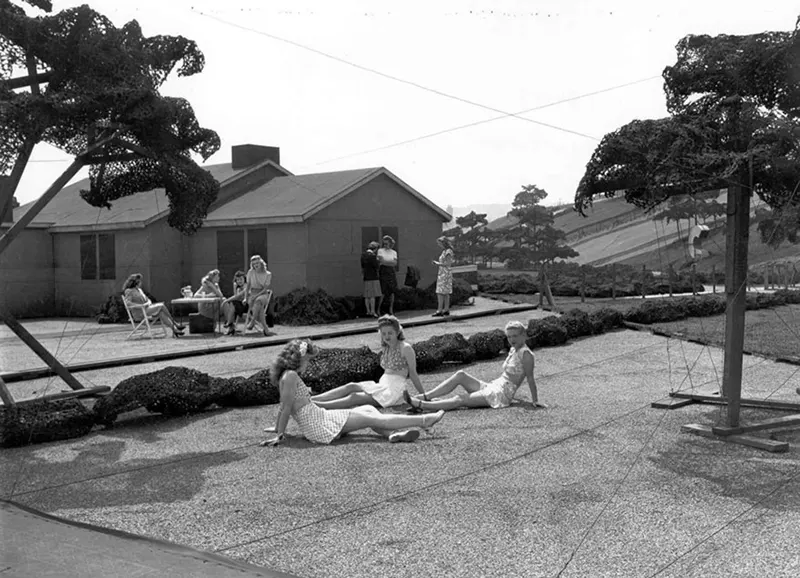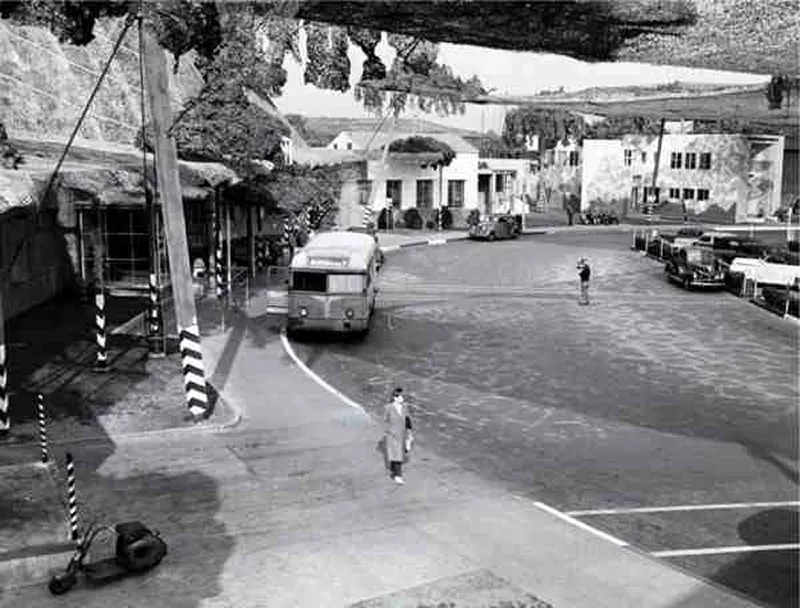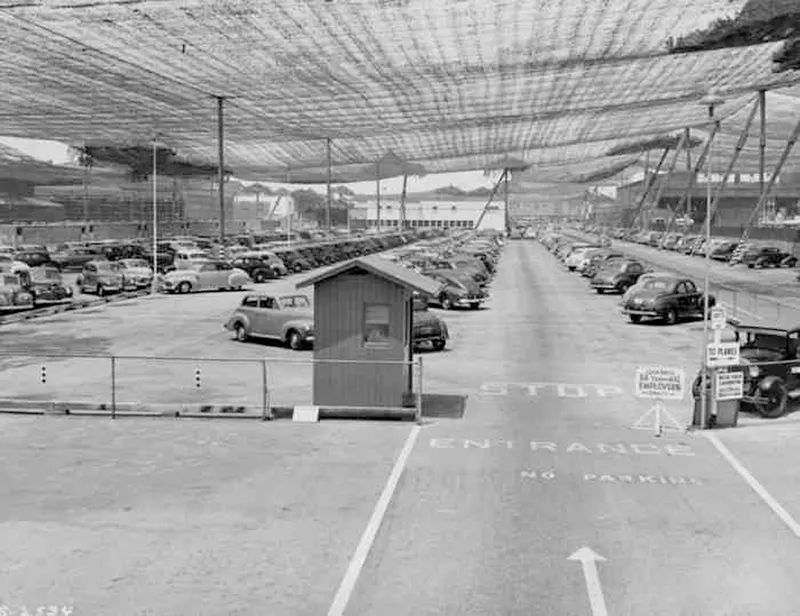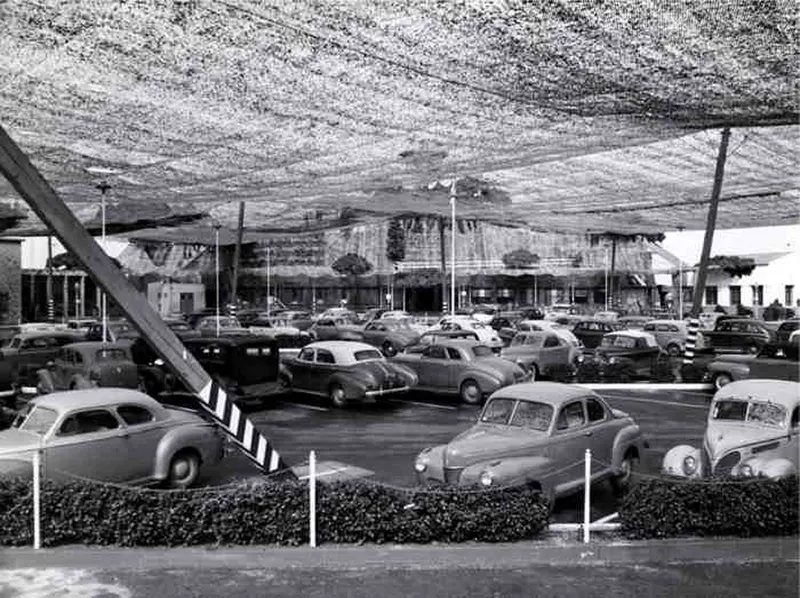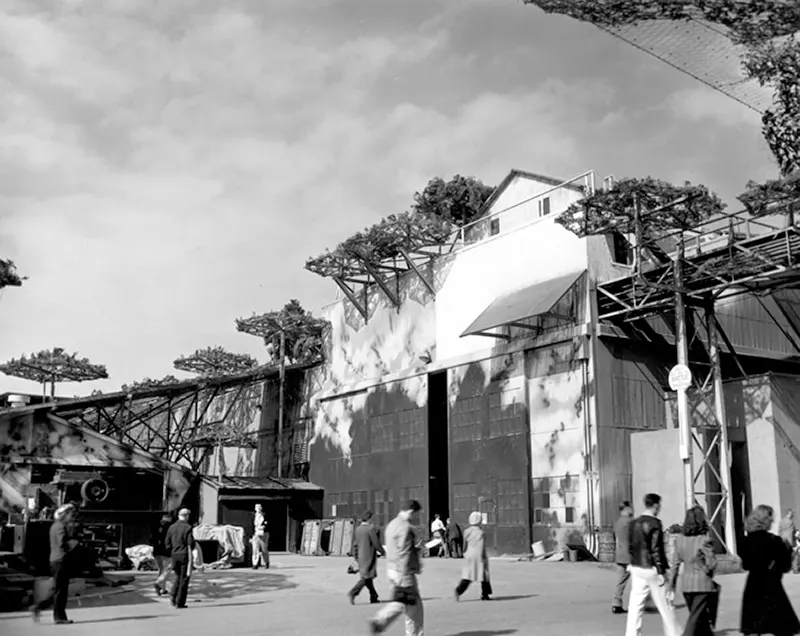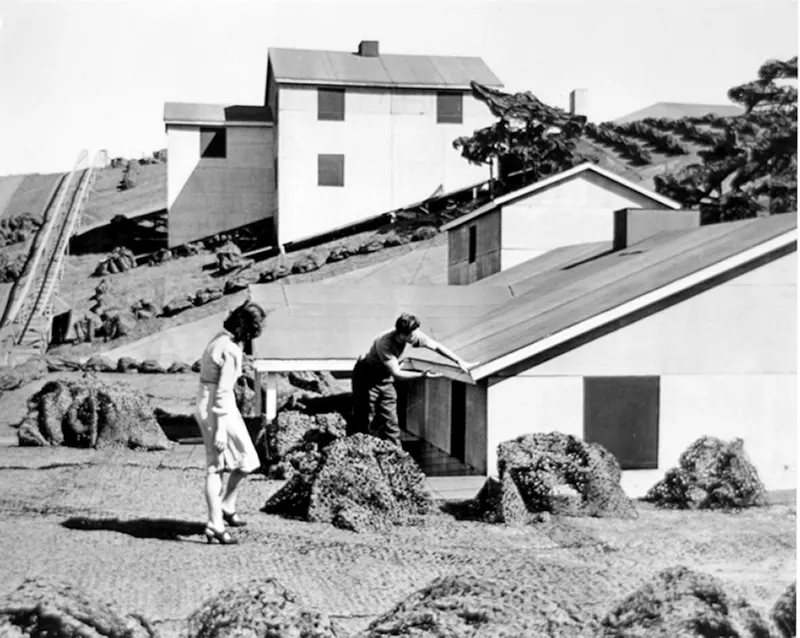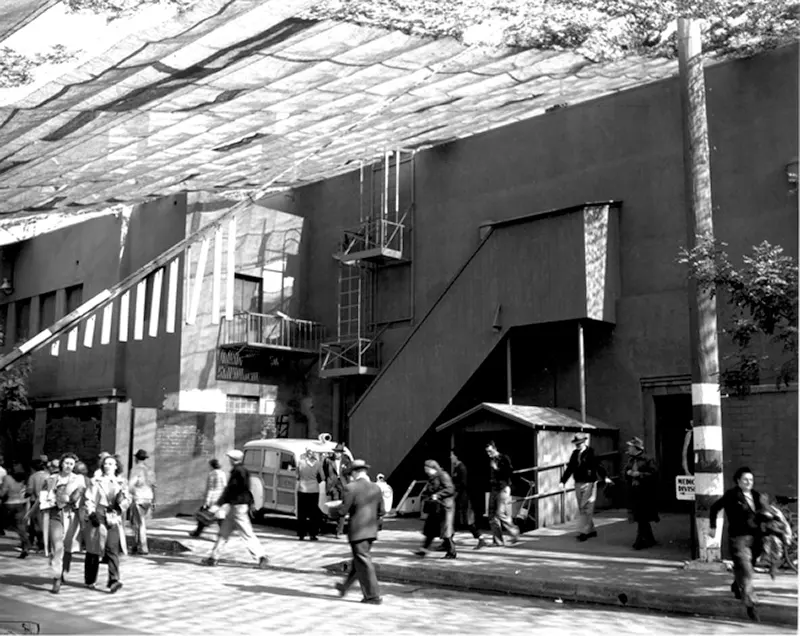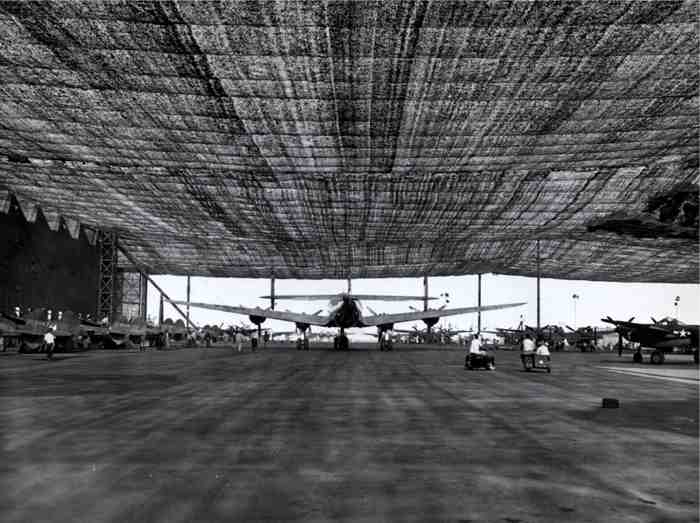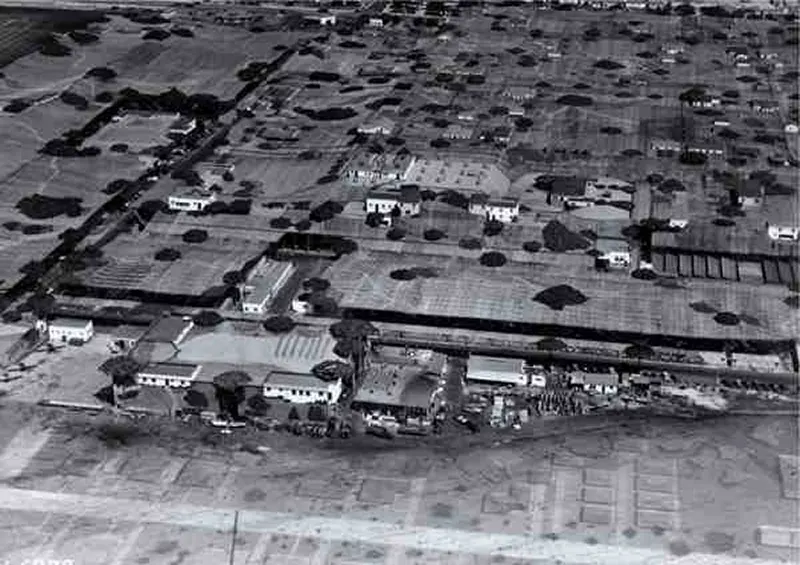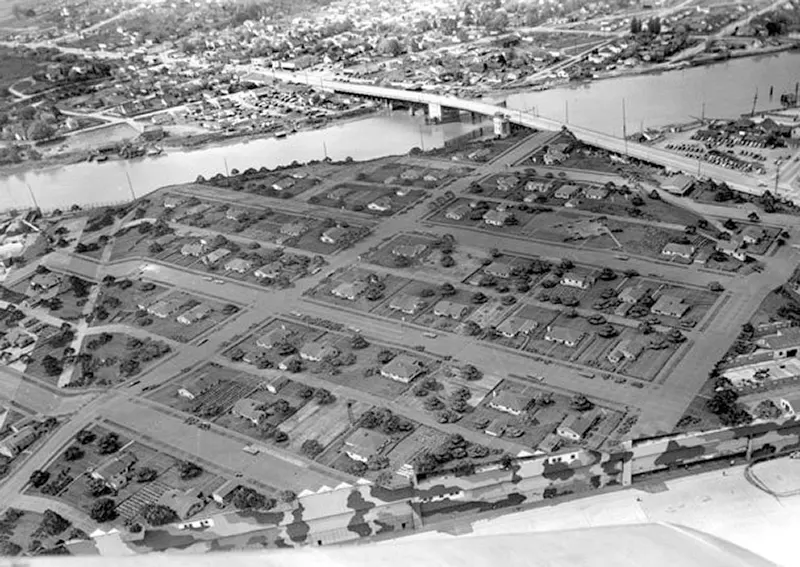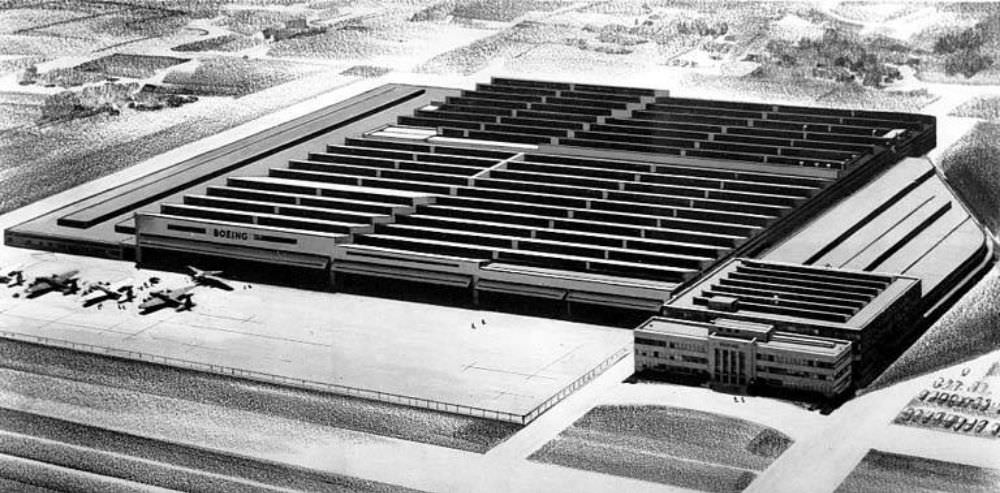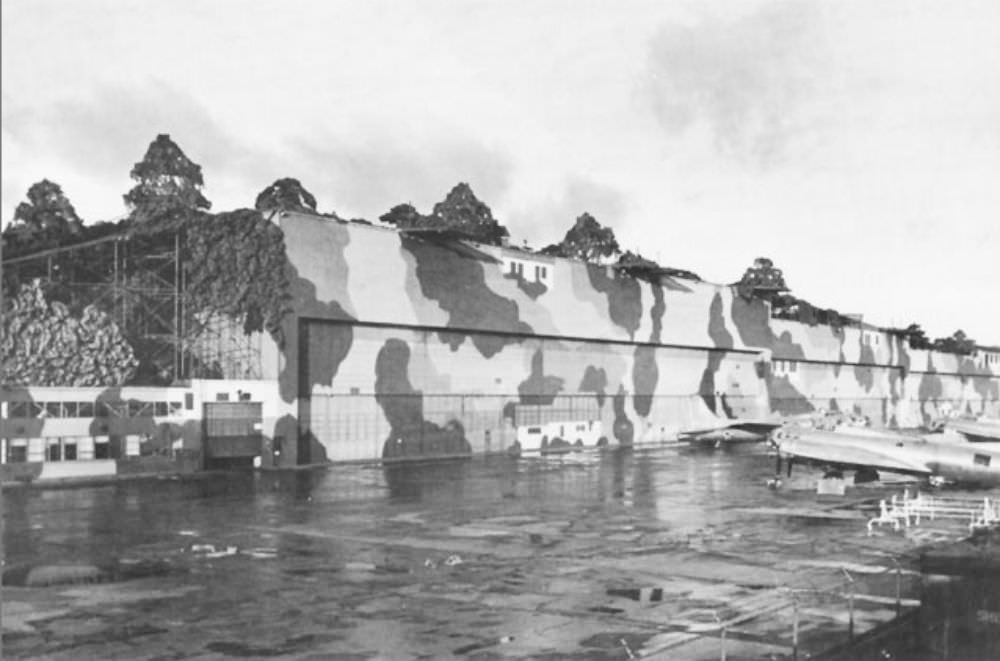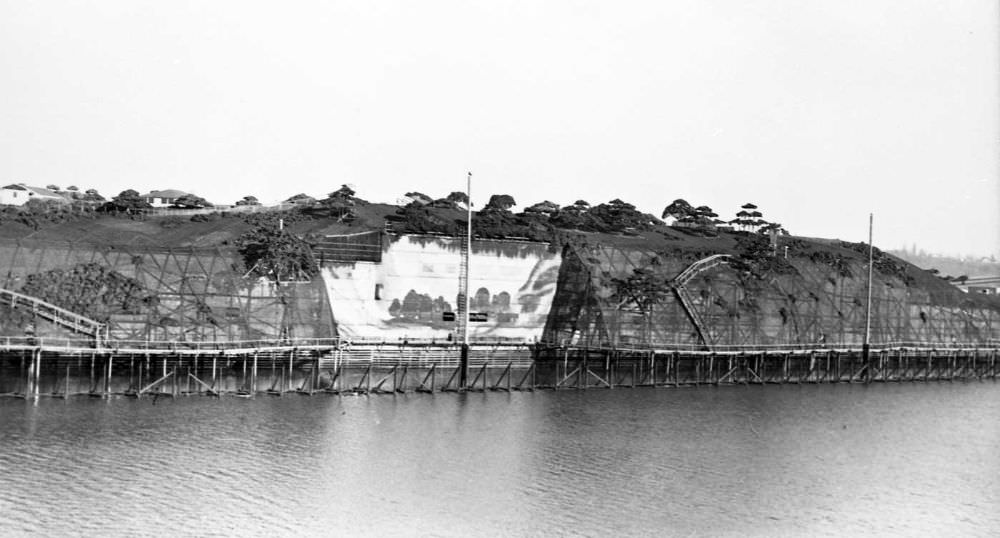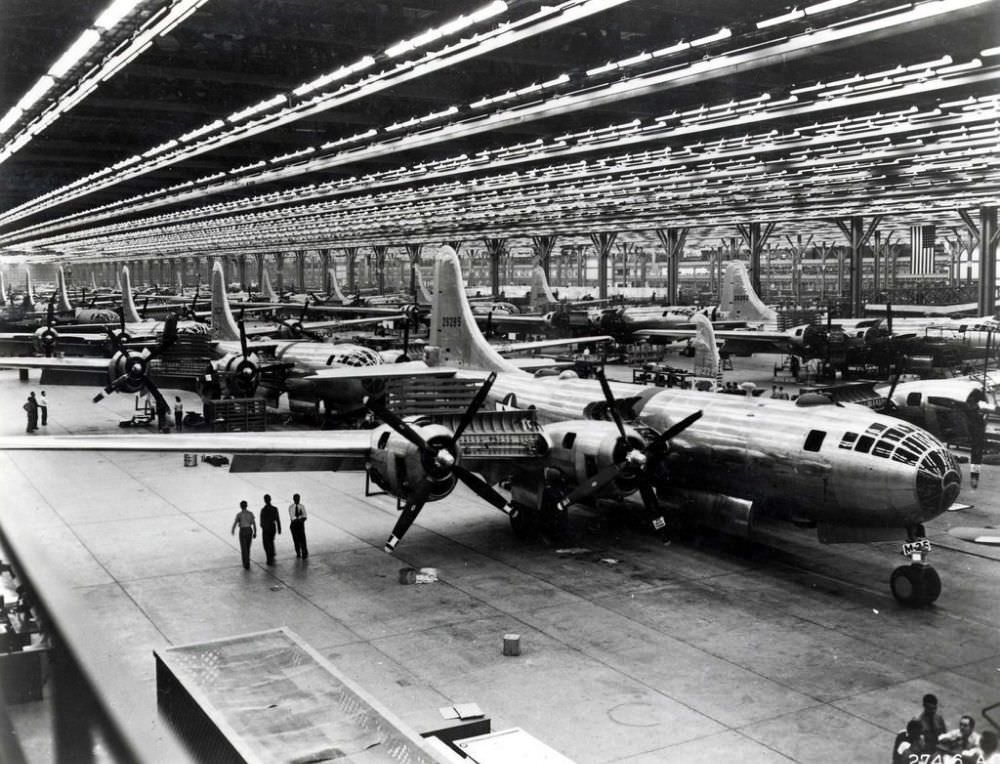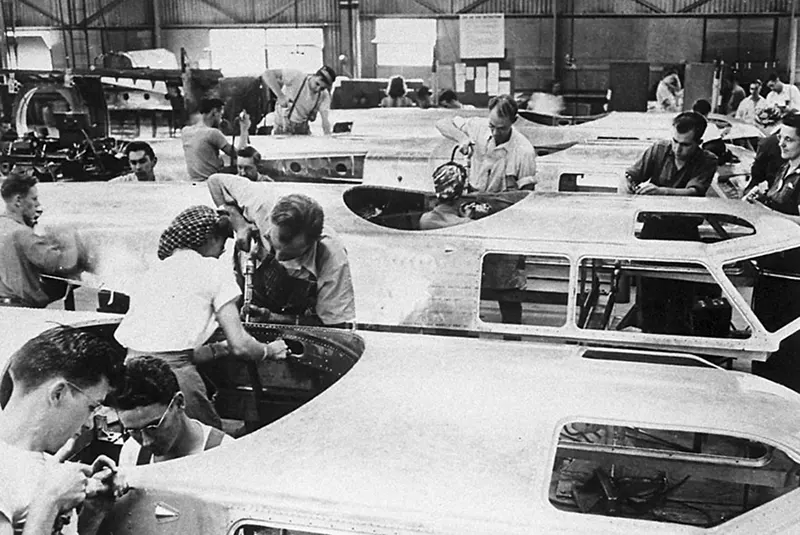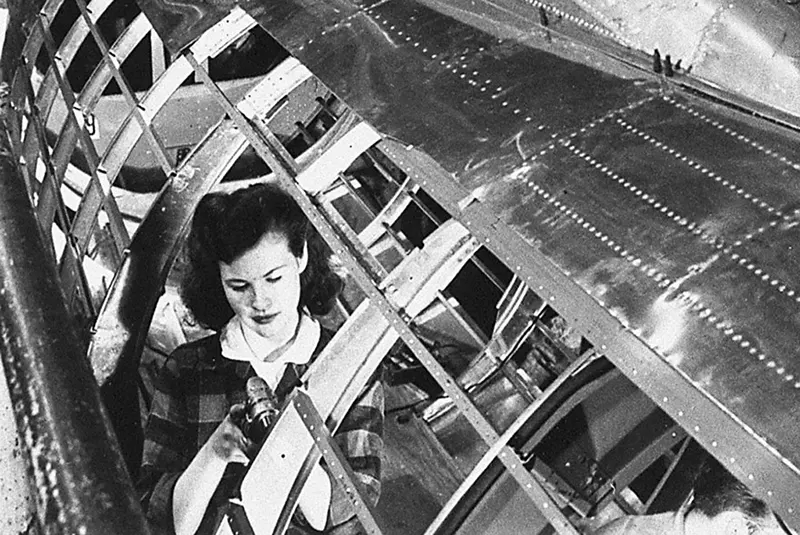During World War II, the Boeing Plant in Seattle, Washington, undertook a remarkable project to protect itself from potential Japanese air strikes. In 1944, fearing that their vital aircraft production facilities might become targets, Boeing camouflaged its factory by constructing a fake rooftop town. This feat of wartime ingenuity was a part of larger efforts during the war to safeguard key industrial assets from enemy attacks.
The Strategic Importance of Boeing’s Factory
The Boeing Plant, specifically Plant 2, was a critical asset in the United States’ war effort. It was where the B-17 Flying Fortress bombers were manufactured. These bombers played a crucial role in the air war against Germany and later against Japan. The plant’s importance made it a potential target for Japanese air strikes, which led to the implementation of extraordinary measures to disguise and protect the facility.
Design and Construction of the Fake Town
The project to camouflage the Boeing factory was an ambitious undertaking. It involved covering the factory with a false structure that resembled a suburban neighborhood. The construction included fake houses, trees, and streets spread over the factory’s roofs. Local artists and set designers, including Hollywood movie set designers, were employed to make the town look as realistic as possible from the air.
The Illusion from Above
The purpose of the fake town was to create an illusion when viewed from high altitudes. From the air, the factory’s roofs looked like a peaceful suburban landscape, complete with houses and greenery. This disguise was intended to mislead enemy pilots and reconnaissance aircraft into thinking that they were flying over a residential area, rather than a critical war production facility.
Life Under the Camouflage
Underneath the faux town, the factory continued its round-the-clock production of warplanes. Workers would enter the factory through hidden entrances, and the operations inside continued as usual, albeit under the surreal conditions of working beneath a fake town. The illusion on the roof was maintained throughout the war, with periodic updates to the scenery to match the changing seasons.
This camouflaging of the Boeing factory was part of a larger trend during World War II, where camouflage was used extensively to protect strategic installations. Similar efforts were made in other parts of the world, including in Britain, where entire facilities were disguised and decoy sites were constructed to divert enemy bombers.


